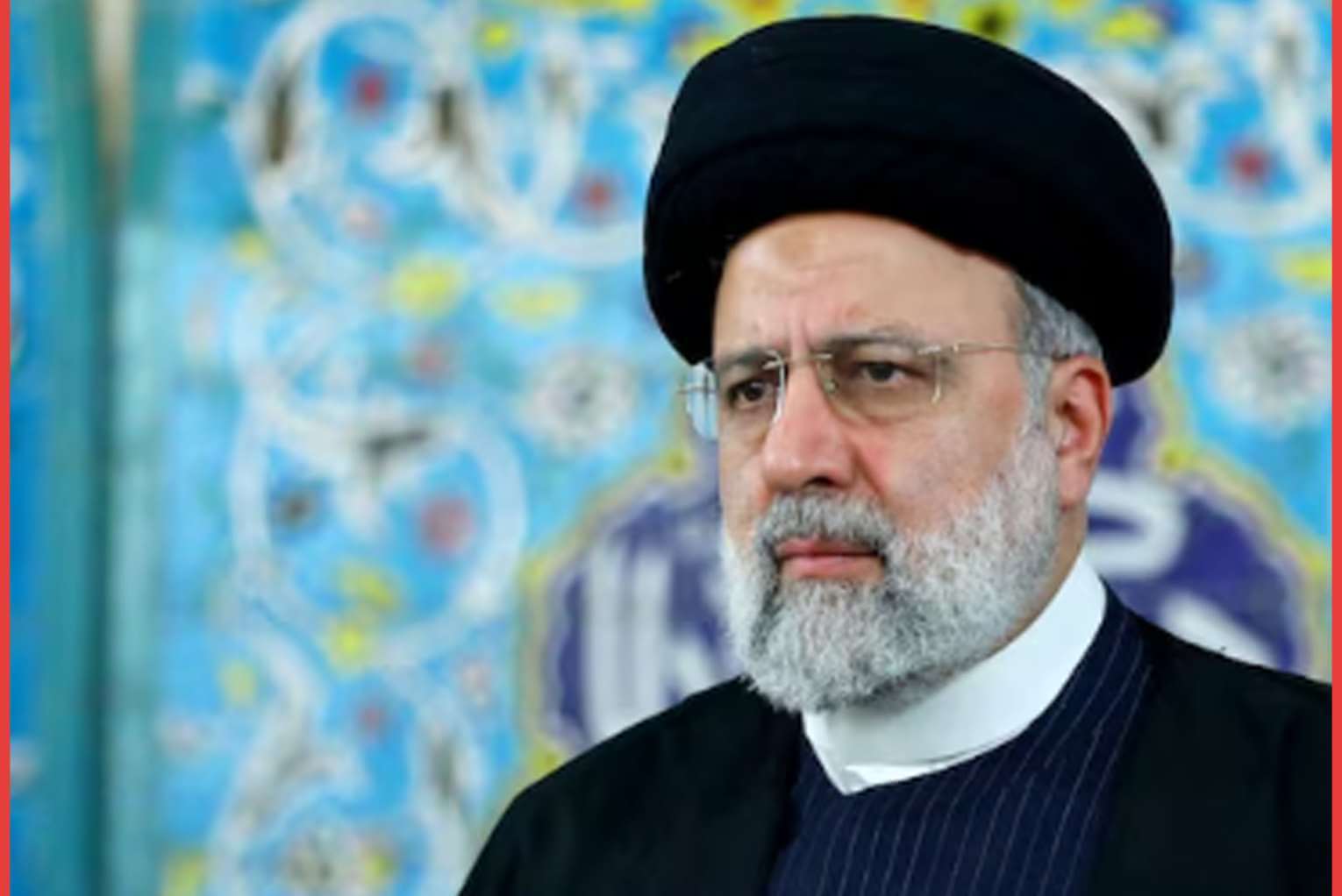The president of Iran is dead. Ebrahim Raisi, also known by millions of Iranians as “the butcher of Tehran” because of his record of brutality, was killed in a helicopter crash on May 19 in eastern Iran.
The next day in New York, members of the United Nations Security Council stood for a moment of silence to honor Raisi, who was 63. Meanwhile in Iran, common people shared candies and danced in the streets because they hated this man who was responsible for the deaths of thousands.
When I saw video footage of the celebrations, I was reminded of a curious verse in the book of Proverbs that seems to give us permission to gloat when a wicked leader is served justice. Proverbs 11:10 (NASB 1995) says: “When it goes well with the righteous, the city rejoices; and when the wicked perish, there is joyful shouting.”
If I had been in that United Nations auditorium in New York, I would not have been standing. Raisi was a tyrant who hated Jews, Christians and any Muslim who cared about freedom. He was an Islamic cleric who claimed to be a descendant of the prophet Muhammad, but he earned the “butcher” title during his many years in government:
— He oversaw the execution of thousands of Iranians during the 1980s, when he retaliated against government protesters. The U.S. Institute of Peace estimates that between 3,000 and 5,000 people were killed while Raisi was a member of a four-panel “Death Commission” in Iran.
Breaking news, Spirit-filled stories. Subscribe to Charisma on YouTube now!
— During subsequent periods of unrest, Raisi was responsible for the torture and deaths of hundreds of dissidents, including student protesters. During Raisi’s presidential campaign in 2016, a tape was leaked that showed he was responsible for the execution of as many as 5,000 political prisoners.
— More recently, in 2022, an Iranian woman named Mahsa Amini was jailed because she didn’t properly veil herself in accordance with Iranian law. When Amini died as a result of mistreatment by authorities, public protests erupted—and Raisi orchestrated a crackdown. More than 500 people were killed. A new effort to enforce the Islamic dress code has been labeled “Iran’s war on women” by Amnesty International.
— Finally, there is credible evidence that the Iranian government helped Hamas terrorists in Gaza to attack Israeli citizens in the horrific Oct. 7 massacre, which killed 1,163 people. (There are 121 hostages who remain in captivity in Gaza.) Shortly before his death, Raisi vowed that there would be nothing left of “the Zionist regime” if Israel fired weapons on Iranian soil in retaliation for the Oct. 7 attacks.
— Raisi was also responsible for the persecution of Christians in Iran. Christianity is illegal there, and owning a Bible is prohibited. Since the hardline Islamic government was installed in Iran 44 years ago, numerous pastors have been killed. Recent waves of persecution have been reported, especially against anyone distributing Bibles.
The death of President Raisi has focused the world’s attention on the amazing miracle that has happened in Iran since missionaries were kicked out of the country in 1979. Iran’s government has tried to wipe out Christian faith there for decades, but the opposite has happened. The Iranian church has grown from about 500 believers to as many as 1 million, according to the Gospel Coalition.
Operation World reports that more Iranians have become Christians in the past 20 years than in the previous 13 centuries. Iranian believers are now taking the message of Jesus to Afghanistan, where churches are also growing rapidly.
In the book of Acts, at a time when Jewish leaders and Roman emperors persecuted early followers of Jesus, we read that King Herod Agrippa executed the apostle James and arrested Peter. Herod thought he could destroy the Christian faith, but instead the evil tyrant collapsed and died (see Acts 12:23), Peter was miraculously freed from his prison cell, and the gospel kept spreading.
Persecution doesn’t stop the progress of the gospel. It fuels it. But should we celebrate that President Raisi is dead?
We find the answer to that question in Ezekiel 18:23a, where God asks a rhetorical question: “Do I have any pleasure in the death of the wicked?” He answers in verse 32: “For I have no pleasure in the death of anyone who dies … Therefore, repent and live.”
We can see here the heart of a God who is both merciful and holy, both loving and just, both kind and severe. Although God’s kingdom has a moral order—and He does indeed hand out severe consequences for wicked people—He doesn’t enjoy seeing any human being sentenced to eternal death.
Yet we can rejoice that no matter how hard kings and despots try to stop God’s Word from spreading, they will not stop the message of Christ. Please pray for Iran. God is answering the prayers of Christians there. May brutality and hatred be replaced by the peace and love of Jesus.
Join Charisma Magazine Online to follow everything the Holy Spirit is doing around the world!
J. Lee Grady is an author, award-winning journalist and ordained minister. He served as a news writer and magazine editor for many years before launching into full-time ministry.
Lee is the author of six books, including “10 Lies the Church Tells Women,” “10 Lies Men Believe” and “Fearless Daughters of the Bible.” His years at Charisma magazine also gave him a unique perspective of the Spirit-filled church and led him to write “The Holy Spirit Is Not for Sale” and “Set My Heart on Fire,” which is a Bible study on the work of the Holy Spirit.














































